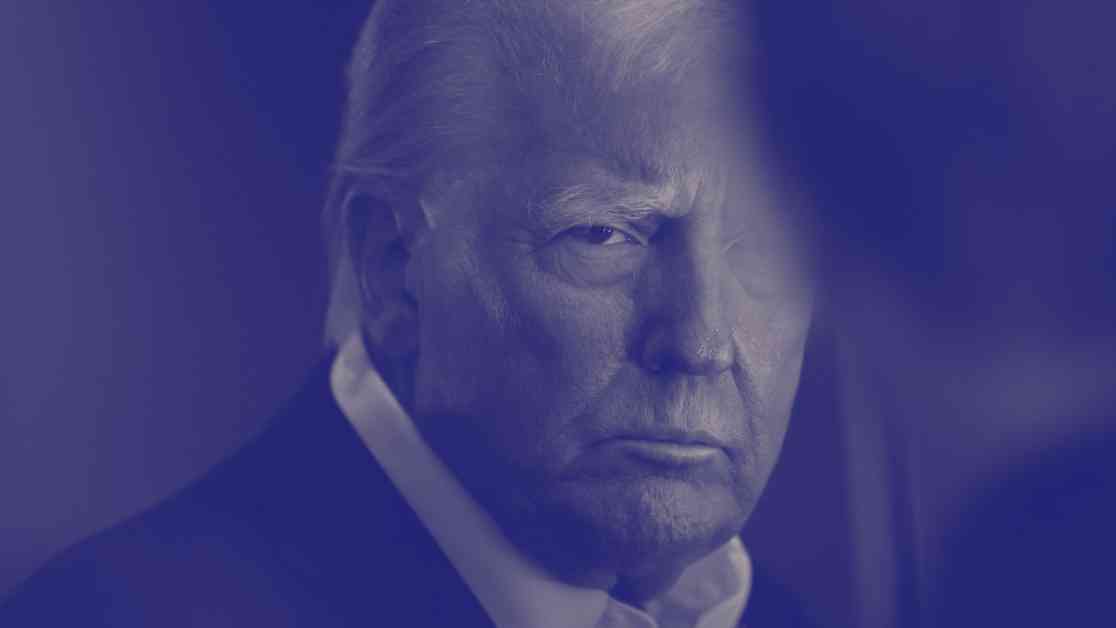Donald Trump’s presidency has been marked by unprecedented actions and rhetoric, pushing the boundaries of traditional diplomacy and foreign policy. Just days before his Inauguration, he stirred controversy by expressing interest in acquiring Greenland from Denmark, setting the tone for his administration’s ambitious territorial ambitions. In his Inaugural Address, Trump proclaimed a vision of America as a nation poised for growth, expansion, and dominance, reminiscent of a bygone era of territorial conquest and nationalistic fervor.
The President’s recent remarks have raised concerns among foreign allies and experts, who question the implications of his aggressive and expansionist rhetoric. To delve into Trump’s approach to foreign policy, I spoke with Greg Grandin, a Pulitzer Prize-winning history professor at Yale and author of “America, América: A New History of the New World.” Grandin shed light on Trump’s historical nationalism, shedding light on the parallels between Trump’s vision and past presidential legacies.
Trump’s Vision of Territorial Expansion
Grandin’s insights revealed a striking resemblance between Trump’s rhetoric and past presidents who pursued territorial expansion and protectionist policies. He noted that Trump’s admiration for figures like Andrew Jackson and William McKinley underscored his affinity for aggressive nationalism and economic protectionism. While Trump’s critics often label him as isolationist, Grandin argued that Trump’s actions suggest a deeper ambition for territorial growth and economic dominance.
The Danger of Trump’s Nationalistic Agenda
As we explored Trump’s vision further, Grandin highlighted the dangers of his nationalistic agenda. Drawing parallels between Trump’s approach and historical precedents, he warned of the potential consequences of prioritizing dominance and self-interest over international cooperation and diplomacy. Trump’s fusion of power projection with a narrow interpretation of national interest poses a threat to the established norms of global diplomacy, challenging the foundations of mutual cooperation and shared values.
Grandin also delved into the personal motivations driving Trump’s foreign policy decisions. While acknowledging Trump’s penchant for self-enrichment and nepotism, Grandin noted a consistent anti-free trade stance that has defined Trump’s political career. Despite the chaotic and often self-serving nature of Trump’s presidency, Grandin suggested that underlying motivations rooted in protectionism and economic nationalism have guided Trump’s policy decisions since his early days in politics.
In conclusion, Grandin’s analysis of Trump’s historical nationalism shed light on the complexities of the President’s foreign policy agenda. While Trump’s bombastic rhetoric and unorthodox approach have fueled speculation and concern, understanding the historical context of his actions provides valuable insights into the underlying motivations and implications of his presidency. As America navigates the challenges of a rapidly changing global landscape, Trump’s vision of territorial expansion and economic nationalism will continue to shape the country’s role on the world stage, prompting critical reflections on the nature of power, diplomacy, and national interest in the 21st century.












